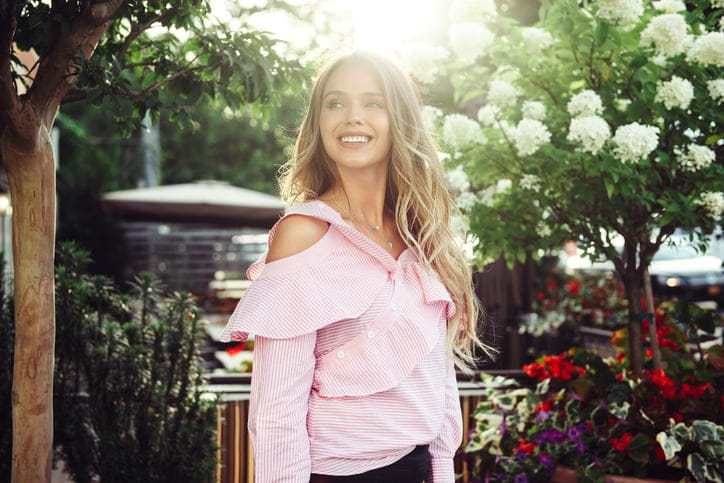Ever wondered why some people seem to feel everything so intensely? It’s more than just being “sensitive.” Turns out, the way you grew up has a lot to do with how well you understand the emotions of others. Some of those childhood experiences might even surprise you.
1. They were the “responsible” kid.
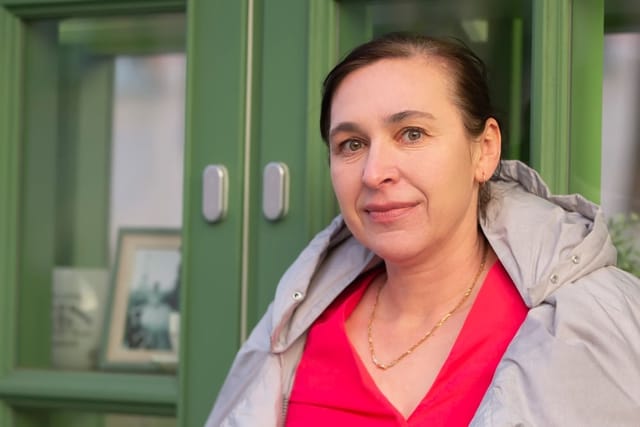
If you had to grow up fast, maybe because you were looking out for younger siblings or had a parent who wasn’t reliable, you probably learned to understand other people’s needs pretty quickly, PsychCentral reveals. It’s like you always had this little radar on, scanning for who might need a snack, a hug, or just someone to listen. Sometimes, it felt less like being a kid and more like being… well, a tiny adult.
2. They spent lots of time around older people.
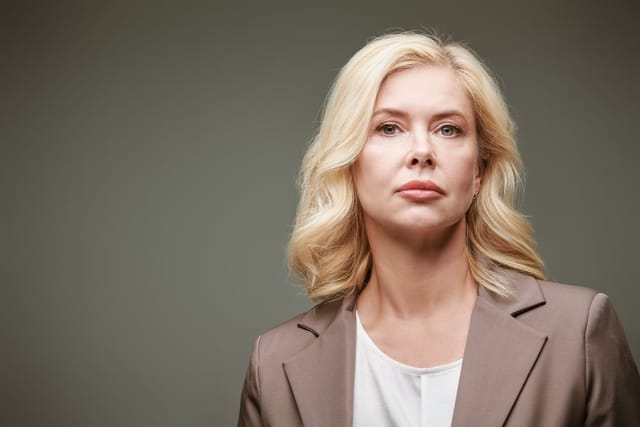
Hanging out with grandparents, elderly neighbors, etc. can expose kids to different perspectives and the way challenges evolve over a lifetime. It encourages a long-term kind of thinking. Plus, older folks tend to have the best stories, and listening to those makes you realize there’s way more to a person than meets the eye.
Don’t miss out – follow Bolde for exclusive content daily
3. Being around animals was just… normal.
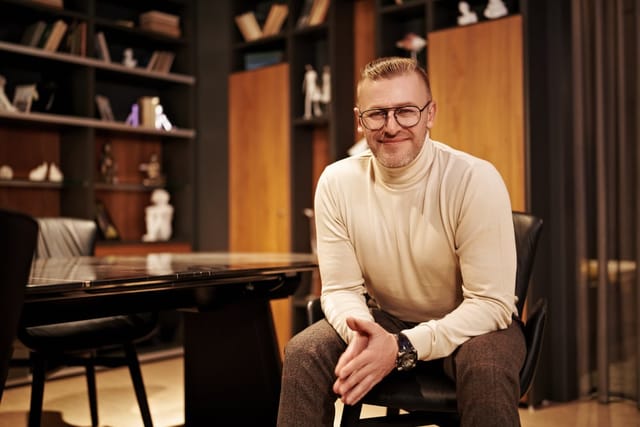
Whether it’s pets or spending time in nature, caring for animals teaches a special type of responsibility and compassion that transfers to how we see people. Animals can’t always tell you what’s up, so you learn to pay attention to their little signals and figure out what they need. It’s like developing a superpower for reading emotions without words.
4. They constantly felt a bit different.

Kids who don’t fit the mold easily often become intensely observant. They’re watching to figure out the social code, which makes them hyper-aware of how others are feeling. It’s partly survival – trying to find your place – but it also helps you spot the other kids on the edges, the ones who might need a friend.
Don’t miss out – follow Bolde for exclusive content daily
5. Lots of moving around was part of their life.

Being the “new kid” over and over makes you adjust quickly, per the MacArthur Foundation. You learn to read the room and figure out how to connect, which fosters empathy. Plus, leaving stuff behind all the time makes you realize it’s people, not things, that are really important.
6. They felt like they had to read between the lines at home.

If their parents struggled to express themselves clearly, or there was tension, kids learn to become experts in figuring out the unsaid stuff. This translates to heightened awareness of others. It’s kind of a bummer superpower – you wish you didn’t always know when someone’s upset, even if they’re trying to hide it.
Don’t miss out – follow Bolde for exclusive content daily
7. They had friends going through tough stuff.
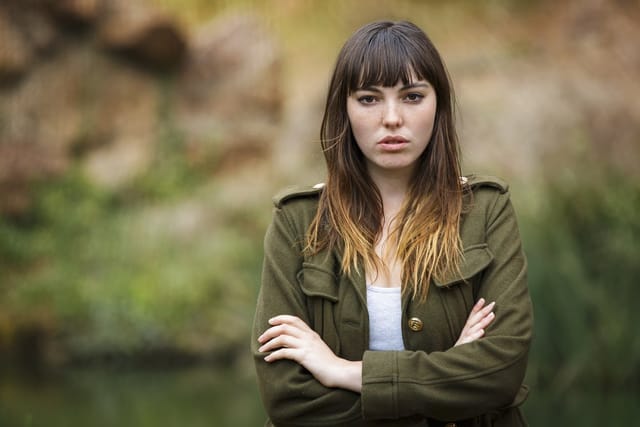
Sometimes, seeing a friend struggle opens up a well of compassion in us. Wanting to support a friend can teach us about empathy firsthand. You realize that everyone’s got their own battles going on, and even the people who seem to have it all together might be hurting inside.
8. They were allowed to experience the full range of their emotions.

Parents who let their kids be sad, angry, etc., without panicking or shutting it down raise kids who understand emotions are normal and valid, even when they’re difficult. It means not always having to plaster on a fake smile, and that honesty makes it easier to connect with how other people are truly feeling.
Don’t miss out – follow Bolde for exclusive content daily
9. Books were a major escape.

Getting lost in stories is a masterclass in stepping into other people’s shoes. Big readers tend to have big imaginations, and that goes hand-in-hand with empathy. Plus, you always kinda know that your favorite characters have your back, even when real life gets messy.
10. Somebody believed in them unconditionally.

Whether it’s a teacher, family member, or coach, having someone who truly sees and appreciates you builds the confidence to connect genuinely with others. It teaches you that everyone has potential, even if they don’t see it themselves. Plus, when someone’s got your back like that, it makes you want to do the same for others.
Don’t miss out – follow Bolde for exclusive content daily
11. Their parents modelled healthy ways to deal with conflict.
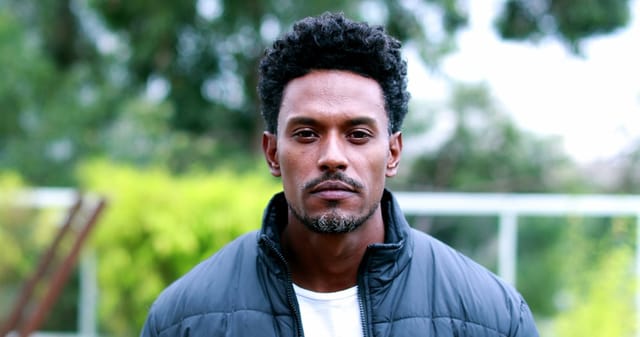
Kids absorb how adults navigate disagreements. Seeing compromise and understanding instead of shouting teaches them emotional problem-solving skills. It lets them know that even when things get heated, relationships can survive, and that kind of security makes them more open to understanding other people’s perspectives.
12. Someone important taught them that everyone deserves kindness.
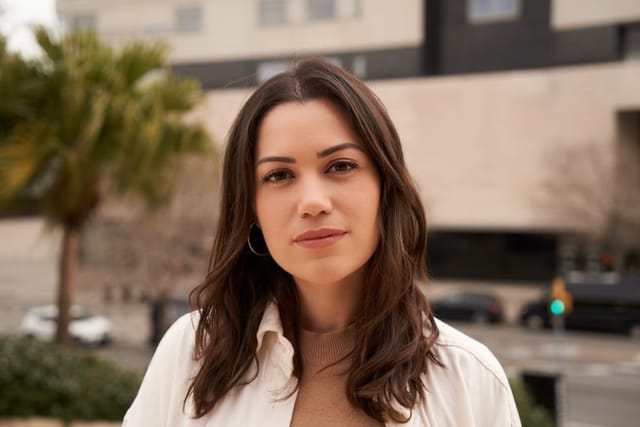
Maybe it was a grandparent always helping neighbors or a teacher treating everyone with respect, no matter what. Witnessing consistent kindness makes a huge impact. It’s like this little voice inside that reminds you everyone’s got their own story, one you might not know anything about, so kindness is always the default.
Don’t miss out – follow Bolde for exclusive content daily
13. They got asked “how do you feel?” a lot.
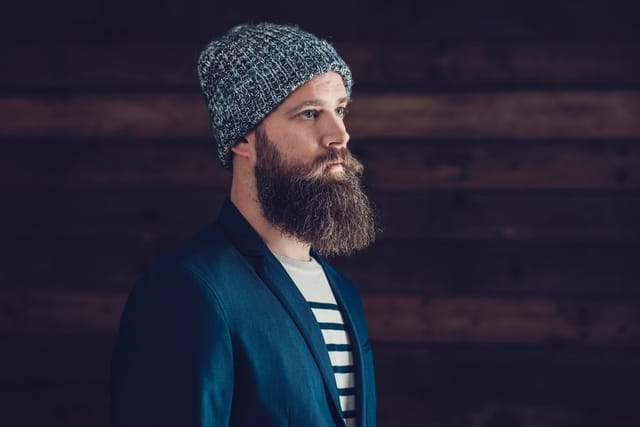
Parents who prioritize emotional awareness in conversations give their kids the tools to both understand their own feelings and notice them in others. It’s about more than just asking the question, it’s how they help you put words to what’s going on inside. That makes it way easier to be understanding when someone else expresses their emotions, even if they do it in a way that’s different from yours.
14. They were always the kid others came to with their problems.

Being the go-to confidante builds listening skills and the ability to see things from other people’s perspectives. Plus, it means you learn to be comfortable with a whole range of emotions, not just your own. Sometimes it gets a little heavy, but mostly, it makes you appreciate how much trust your friends place in you.
Don’t miss out – follow Bolde for exclusive content daily
15. Volunteer work or community service was encouraged.
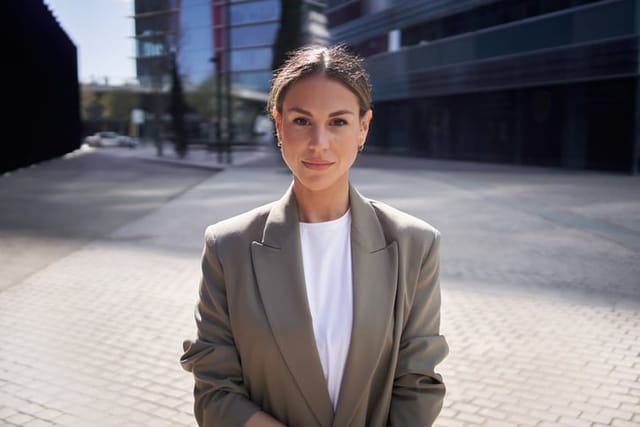
Getting involved in helping others widens a child’s worldview and puts a face to the idea of need or struggle which builds compassion, KidsHealth notes. It’s more than just the warm fuzzy feelings, it’s about understanding how systems work, or don’t, in society. That kind of knowledge makes you want to be part of the solution, not just a bystander.
16. Creativity was totally celebrated in their house.

Artistic, expressive homes value putting yourself out there and connecting with something bigger. That openness translates to connecting with other people. Plus, being creative often means not getting it right the first time, so you learn that mistakes are okay, and that helps you be more accepting of others’ slip-ups too.
Don’t miss out – follow Bolde for exclusive content daily
17. They got to see their parents admit when they were wrong.
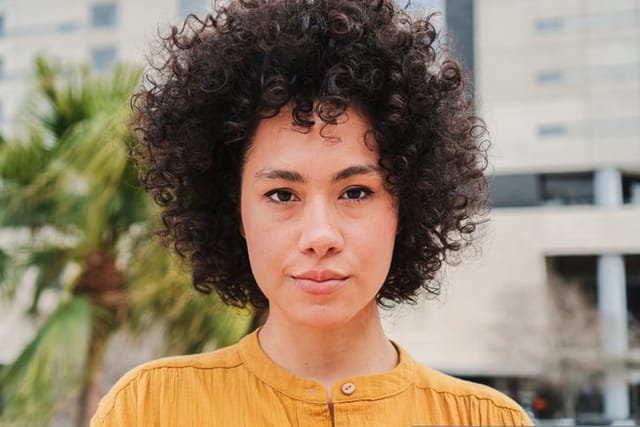
Parents who model fallibility and the importance of apologizing demonstrate how to own mistakes, a powerful lesson for fostering empathy. It means understanding that everyone messes up, and that fixing things is more important than being right. Watching your parents do that makes it easier to cut other people some slack (and to be honest about your own slip-ups too).
18. Difficult feelings weren’t shamed or dismissed.
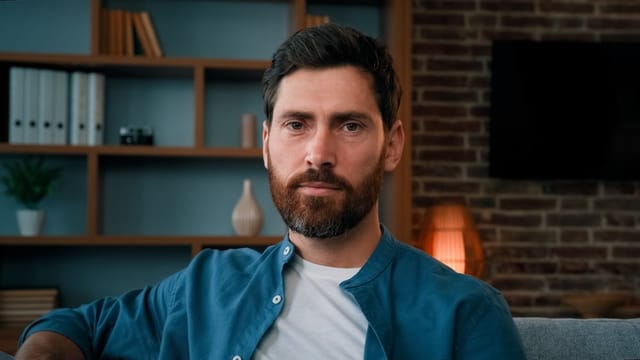
Being told “don’t be a crybaby” or similar phrases teaches us to shut down emotions. But if kids’ feelings are accepted, they learn to process them constructively, making them more understanding of others’ struggles. It also teaches them it’s okay to ask for help when those feelings get too big to handle alone, which is a life skill everyone needs.
Enjoy this piece? Give it a like and follow Bolde on MSN for more!
